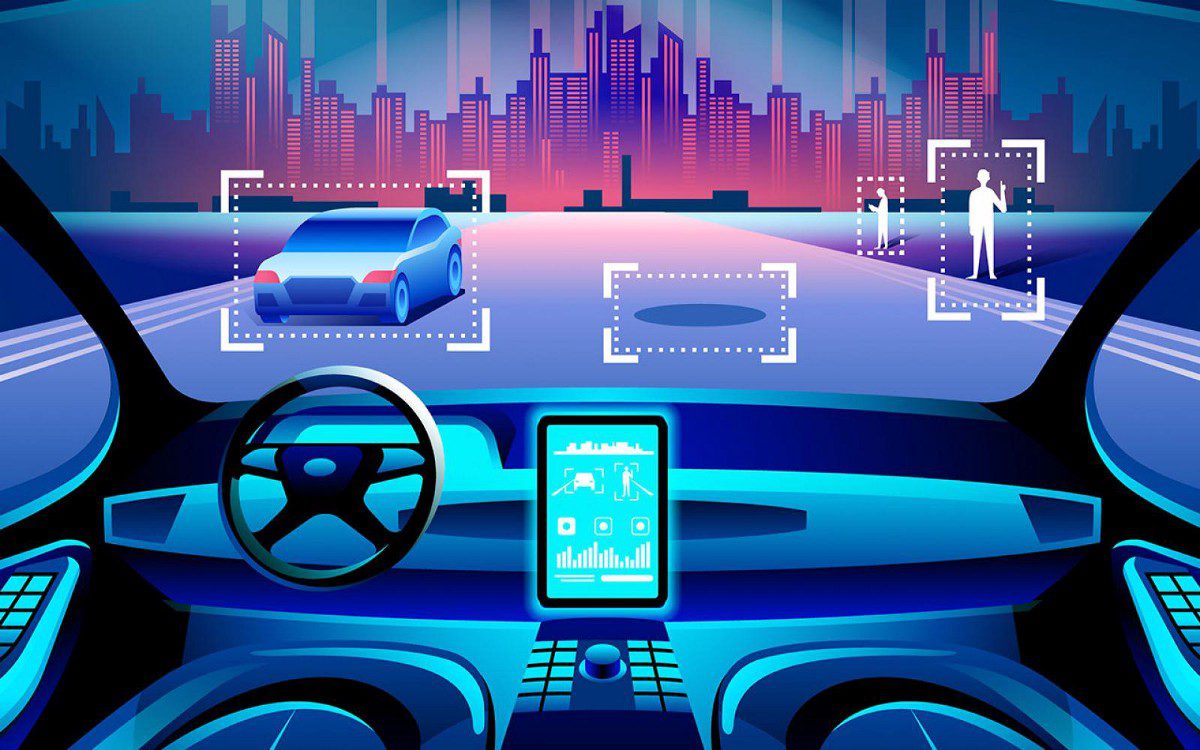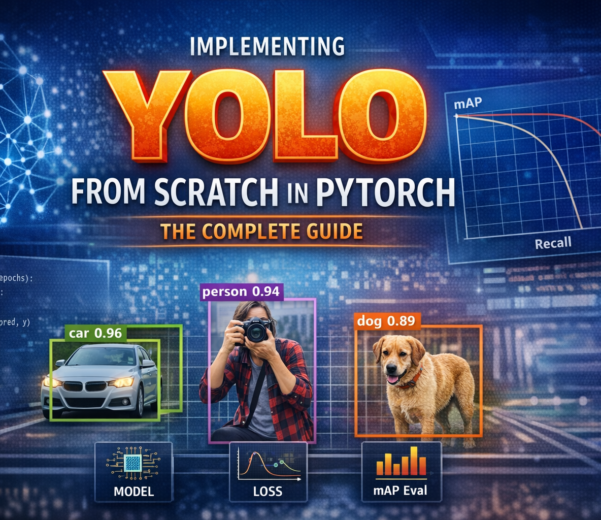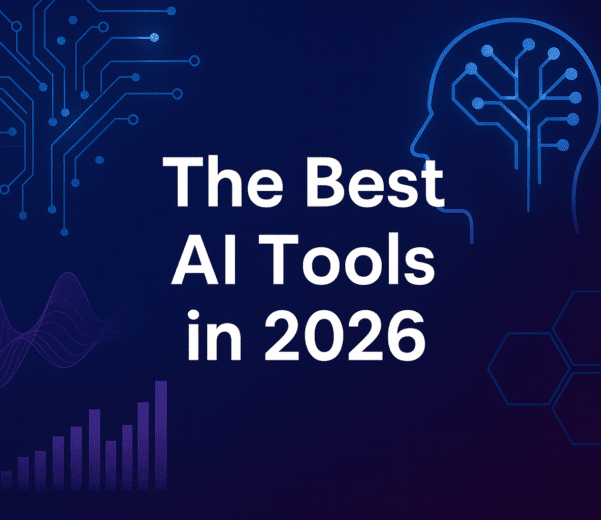Artificial intelligence (AI) is rapidly transforming the transportation industry, with self-driving cars being at the forefront of this revolution. With the use of AI, self-driving cars are able to navigate roads, make decisions, and react to their surroundings without the need for human intervention. In this article, we will explore the various ways in which AI is being utilized in self-driving cars and transportation, as well as the potential benefits and challenges of this technology.
One of the primary ways in which AI is being used in self-driving cars is through the use of machine learning algorithms. These algorithms enable the car to learn and improve over time by analyzing data collected from sensors and cameras on the vehicle. For example, a self-driving car may use machine learning to identify and classify different types of objects, such as pedestrians, other vehicles, and traffic signals. This allows the car to make informed decisions about how to navigate its surroundings.
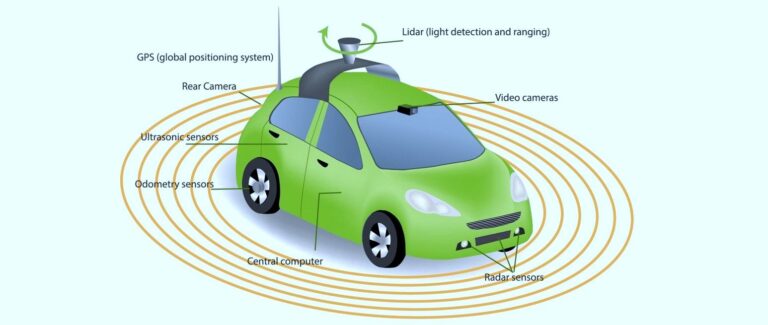
Another way in which AI is being utilized in self-driving cars is through the use of natural language processing (NLP). NLP enables the car to understand and respond to spoken commands from passengers, such as requests to change the destination or adjust the temperature. This allows for a more interactive and intuitive experience for passengers.
In addition to self-driving cars, AI is also being used in other forms of transportation, such as buses and trains. For example, AI can be used to optimize routes and schedules, as well as to monitor and maintain the condition of the vehicles. AI can also be used to improve the safety of these modes of transportation by identifying and responding to potential hazards on the road or tracks.
One of the potential benefits of using AI in transportation is increased efficiency and convenience. For example, self-driving cars may be able to navigate traffic more efficiently, reducing travel time and fuel consumption. Additionally, the use of AI in transportation could potentially reduce the number of accidents and fatalities on the roads, as self-driving cars are able to make decisions and react to their surroundings more quickly and accurately than humans.
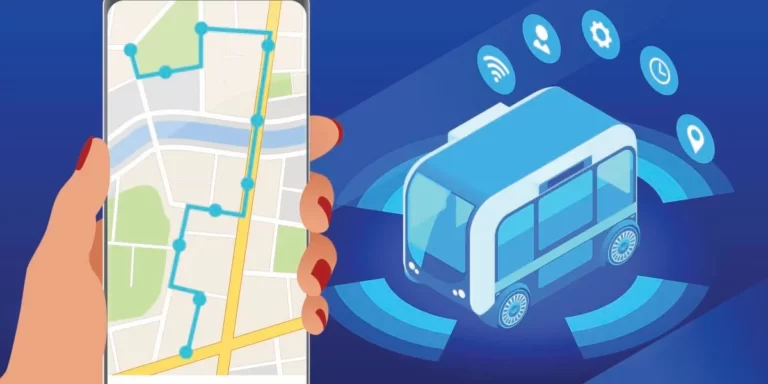
However, there are also a number of challenges and concerns surrounding the use of AI in transportation. One of the main concerns is the potential for job displacement. As AI becomes more advanced and capable of performing a wider range of tasks, there is a risk that human workers in the transportation industry may be replaced by machines. This could have significant impacts on employment and the economy.
There are also concerns about the ethical implications of AI in transportation, such as how self-driving cars should prioritize the safety of their passengers versus pedestrians in the event of an accident. This is an area that will need to be carefully considered and regulated as the use of AI in transportation becomes more widespread.
Another concern is the issue of cybersecurity and the risk of hacking in self-driving cars. As self-driving cars rely on sensors and computers to navigate and make decisions, there is the potential for hackers to gain access to these systems and potentially compromise the safety of the vehicle. This is an area that will need to be carefully considered and addressed as the use of AI in transportation becomes more widespread.

Despite these challenges, the use of AI in self-driving cars and transportation has the potential to bring about significant improvements in efficiency and safety. However, it is important to carefully consider the ethical and practical implications of this technology as it continues to develop. Governments and industry stakeholders will need to work together to address the challenges and ensure that the benefits of AI in transportation are realized in a responsible and sustainable manner.
In conclusion, the use of AI in self-driving cars and transportation is a rapidly developing field with significant potential to transform the way we move. While there are challenges and concerns to be addressed, the benefits of this technology are undeniable. By carefully considering the ethical and practical implications of AI in transportation, we can ensure that this technology is used to improve the lives of people around the world.



